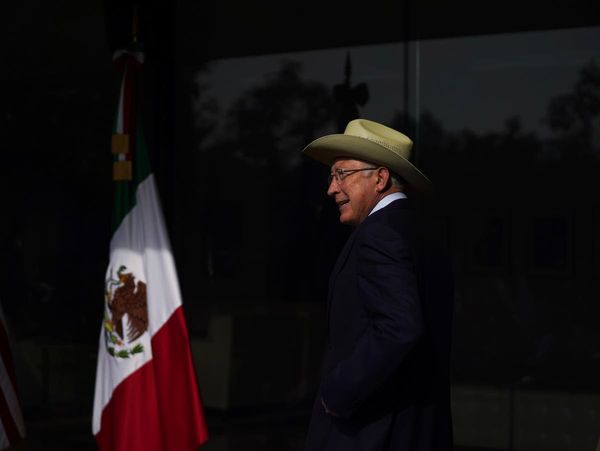
More than half of Britons have a “type” they prefer to date – but nearly one-third are in a long-term relationship with someone who does not match it, according to a poll.
A survey of 2,000 adults found 58 per cent of singletons admitted they avoided dating matches that did not fit all their chosen criteria.
Physical characteristics such as hair colour, height, and body size were among the most important attributes people looked for.
Brunettes outperformed blondes among both men and women, while height still mattered to one-third of women.
The research was commissioned by dating app eharmony.
The site’s relationship expert, Rachael Lloyd, said: “It’s not that surprising that so many people have a pre-conceived idea about their type, but it is unfortunate that this can act as a barrier to finding love.
“The fact that almost one in four of those in relationships are with partners who do not typically reflect their preferences, proves that our libidinous leanings can be unreliable.
“In the world of online dating, it’s easy to make snap judgements based on appearance.”
Women appeared to live up to the stereotype of liking ”tall, dark and handsome”, with more than four in 10 preferring to date a man with dark hair.
In addition, nearly one-third (30 per cent) said they would opt for a date who was tall, compared to just one in five men.
Interestingly, the presumption that men prefer women with long hair appeared to be a myth, with just 2 per cent citing it as a specific preference.
Trustworthiness was the number one desired trait for both genders overall (68 per cent), with women prioritising it more than men (73 per cent versus 63 per cent).
This was followed by kindness (64 per cent), and a good sense of humour (61 per cent).
One in five of respondents in relationships (21 per cent) said their partners shared key traits with their mother or father.
About one in five (19 per cent) of people said they would call time on a date who was not compatible in bed, indicating that good sex was still very much on the national agenda.
Ms Lloyd added: “Numerous scientifically based studies demonstrate that long after the sexual chemistry has peaked, it is high compatibility that determines romantic success or failure.”







